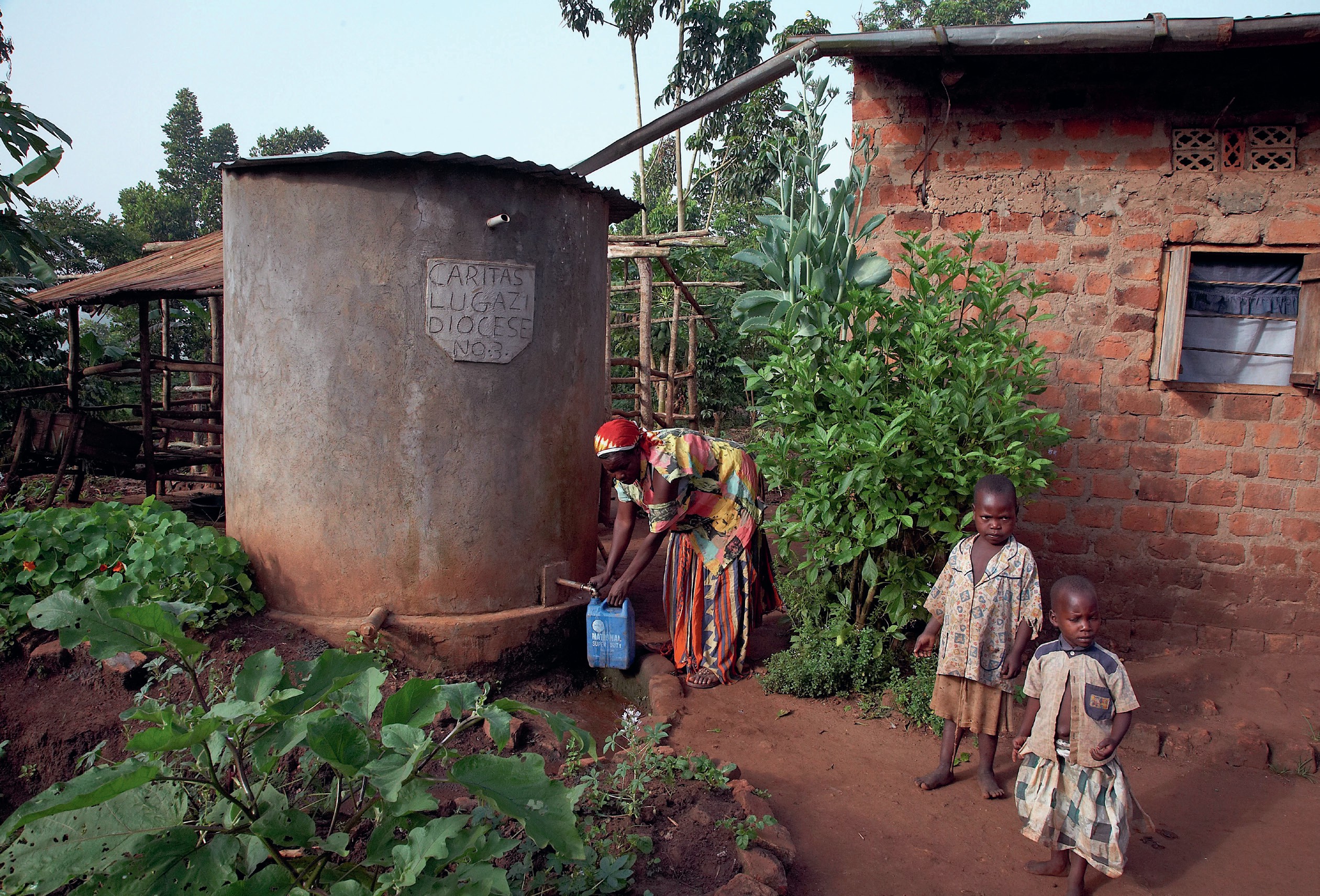
The United Nations (UN) lists water as a basic human right, meaning that regardless of race, nationality or economic status water is a right that everyone deserves. However, our global water footprint is massive and, worldwide, freshwater is being used unsustainably.
Seventy per cent of global freshwater is used for agriculture to feed our growing population and a further 20% is used in energy production. Climate change means that we are losing water from melting ice caps, which hold nearly 70% of all freshwater. These issues mean that we need to look for ways to manage water sustainably, to make sure that everyone has access to this basic human right.
Your organisation does not have access to this article.
Sign up today to give your students the edge they need to achieve their best grades with subject expertise
Subscribe




